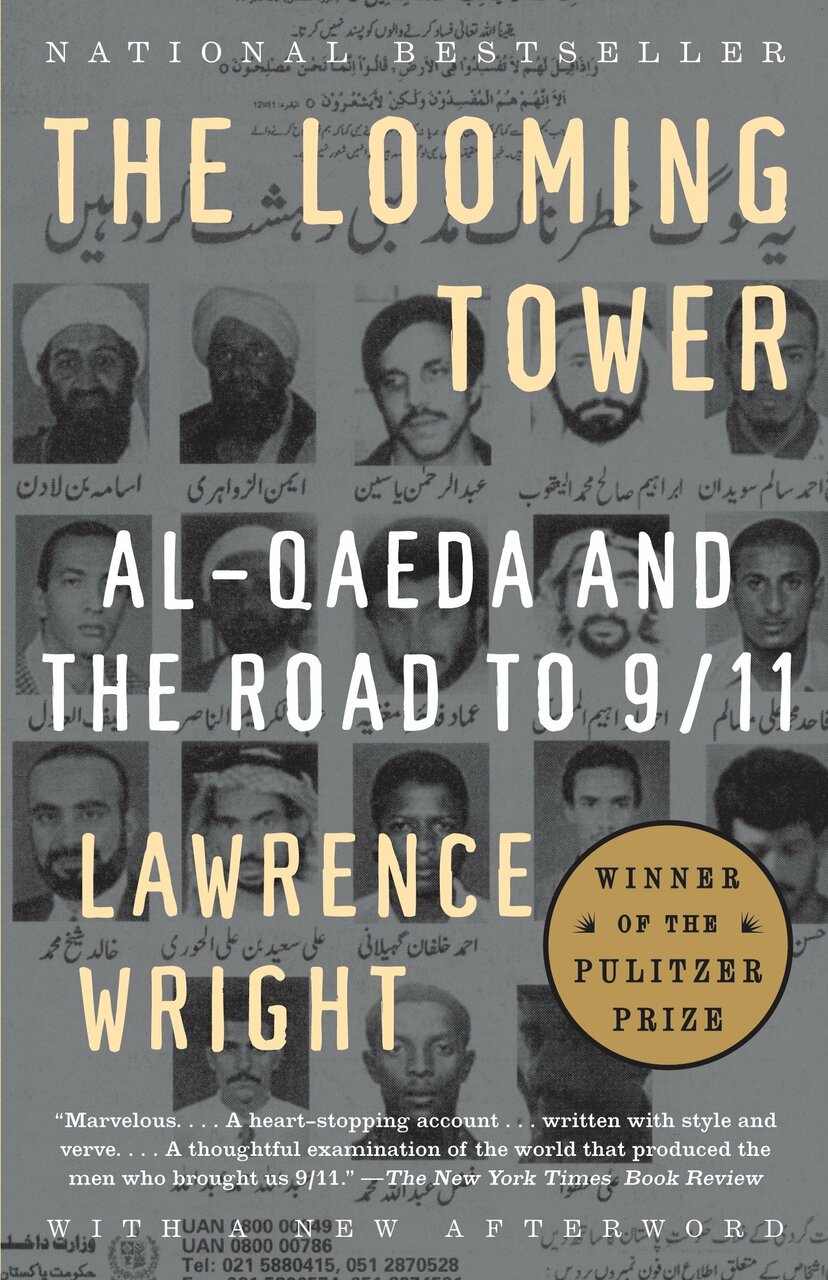I’ll be honest. I’m not particularly satisfied with the balance of my reading this year. Sure, I well and truly went over my goal of 26 books for the year, but the balance of authors and topics just wasn’t right. If I was to analyse it I would say that I didn’t have enough ‘old’ books, ones which might have helped my understanding of the present world from the perspective of a different time and place. Perhaps this might change as I begin to think about next year’s books.
Nevertheless, there were some great books I did read this year, many of which I would strongly recommend to others and, in fact, have purchased as Christmas presents to fellow pastoral staff members. The books below are all books I gave 5 out of 5. In my opinion they were excellent.
The Care of Souls by Harold L. Senkbeil
It was no surprise this book won a 2020 Christianity Today Book Award. While Senkbeil is not of my denominational persuasion, it is clear that he has a great grasp on what it is to minister to people in a congregation. The book walks through aspects of pastoral ministry, highlighting the need to pastor souls within the system of the whole. What I found most helpful was the reminder to focus on people over programs, and the encouragement to give thought to helpful ways in which to care for people in life and death.
What I found most helpful was the reminder to focus on people over programs.
Gentle and Lowly by Dane Ortlund
This book has also won many plaudits and has been promoted heavily in certain circles. I loved the reminder of Jesus’ own description of himself as ‘gentle and lowly.’ I found the first half of the book the most compelling—so compelling that I used Ortlund’s angle in a sermon I preached on Matthew 11:28-30. In a time of busyness, change and added pressure, this book helped to remind me of how Jesus is the one in whom we can rest.
Spirit and Sacrament by Andrew Wilson
Our young-adults group did a four-week series on spiritual gifts earlier this year. I read plenty about the topic but found this book most helpful. While the Baptist in me had a few quibbles, the understanding of the Spirit’s work through the gifts today helped solidify my continuationist position. This is not a long book, but it is profound and gets straight to the core issues surrounding spiritual gifts and ordinances.
Congregational Leadership in Anxious Times by Peter L. Steinke
What other book does one need to read in the times we live when everyone seems anxious, weary, and stressed by the pressures of the day. Despite being written a little while ago, it is still helpful and helps the reader understand the ‘system’ of our churches. It can help us appreciate, not only understand, the levels of anxiety within our communities, and also how best to lead a congregation in these times. An excellent read for anyone in pastoral ministry
Visit the Sick: Shepherding the Afflicted and Dying in Your Congregation by Brian Croft
This is a short practical guide to help pastors and pastoral carers help those who are sick. Brian Croft uses his years of expertise in ministry to provide practical suggestions in how to care for those who are locked-in due to their health, or who need visiting in hospital or at home, or who need to be cared for because loved ones are dying. A perfect book to work through with a group of people and apply it to your local church community.
Read to Lead by Jeff Brown
I jumped on one of those pre-release deals to gain a whole lot of other resources alongside this book. I suspect that any of us who have written at TGCA or in these ‘Year in Books’ series would agree that our leadership has been helped by our reading. This book offers both anecdotal and research-based insight into the value of reading. It is a personal growth book with the sole purpose of encouraging leaders to read more and make time for it. I was inspired by the reminder of how the accumulation of reading helps widen and mould my leadership. The importance of reading can’t be underestimated.

The Looming Tower: Al-Qaeda and the Road to 9/11 by Lawrence Wright
With the 20th year anniversary of 9/11 this year, there were plenty of books, podcasts, and documentaries reflecting on its impact. I found myself listening to this in-depth audiobook, covering everything from the beginnings of Al-Qaeda, the political climate of the 1970s through to 2001, and the formation of those participants involved in the event itself. It was a compelling 15-hour listen, and I’d recommend it.
Expositional Preaching by David R. Helm
Again, this book isn’t a long one but is a great reminder of the importance and place of expositional preaching in the life of the church. While there is a brief case made for the priority of this preaching in the church, I found the practical aspects formational. Topics such as the importance of systematic theology; the balance of contextualisation; the arrangement of material in the sermon; effectiveness through understanding your audience, make this book a great gift for your pastoral team or a book to work through together.
Leadership is Language: The Hidden Power of What You Say – and What You Don’t by L. David Marquet
Leadership has evidently been a theme in my reading this year, and this was probably the best of the secular leadership books I read. Marquet is known for his TED talk and first book, Turn The Ship Around, which focusses on how, as the commander of a poor performing submarine, he made it the best performer by enabling others to make decisions. Leadership is Language focusses further by highlighting the need to not only ask others to collaborate but also to give people time to pause and reflect on what might help make the work more effective.
I found this book helpful in providing me with better questions to ask. Marquet provides great examples of when and how to put intentional leadership into practice through the language we use, rather than stifling collaboration through directive and authoritarian questions. This is certainly a worthwhile read for those of us leading teams of people.














